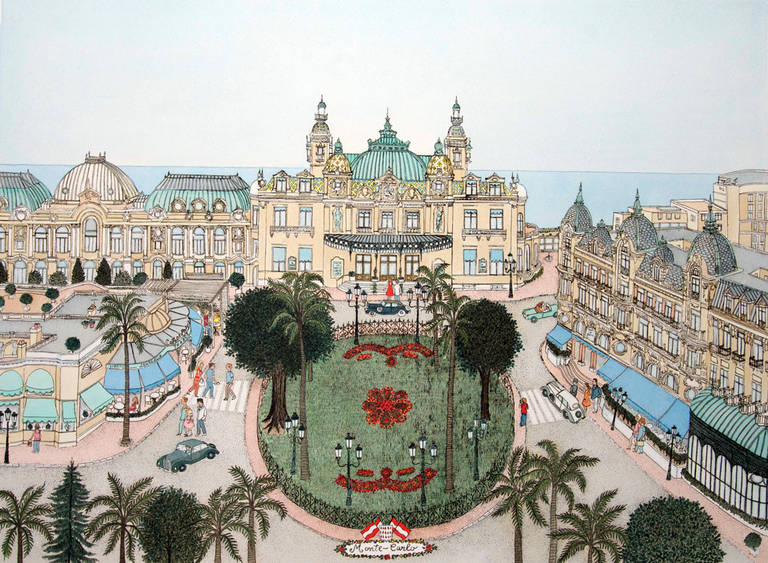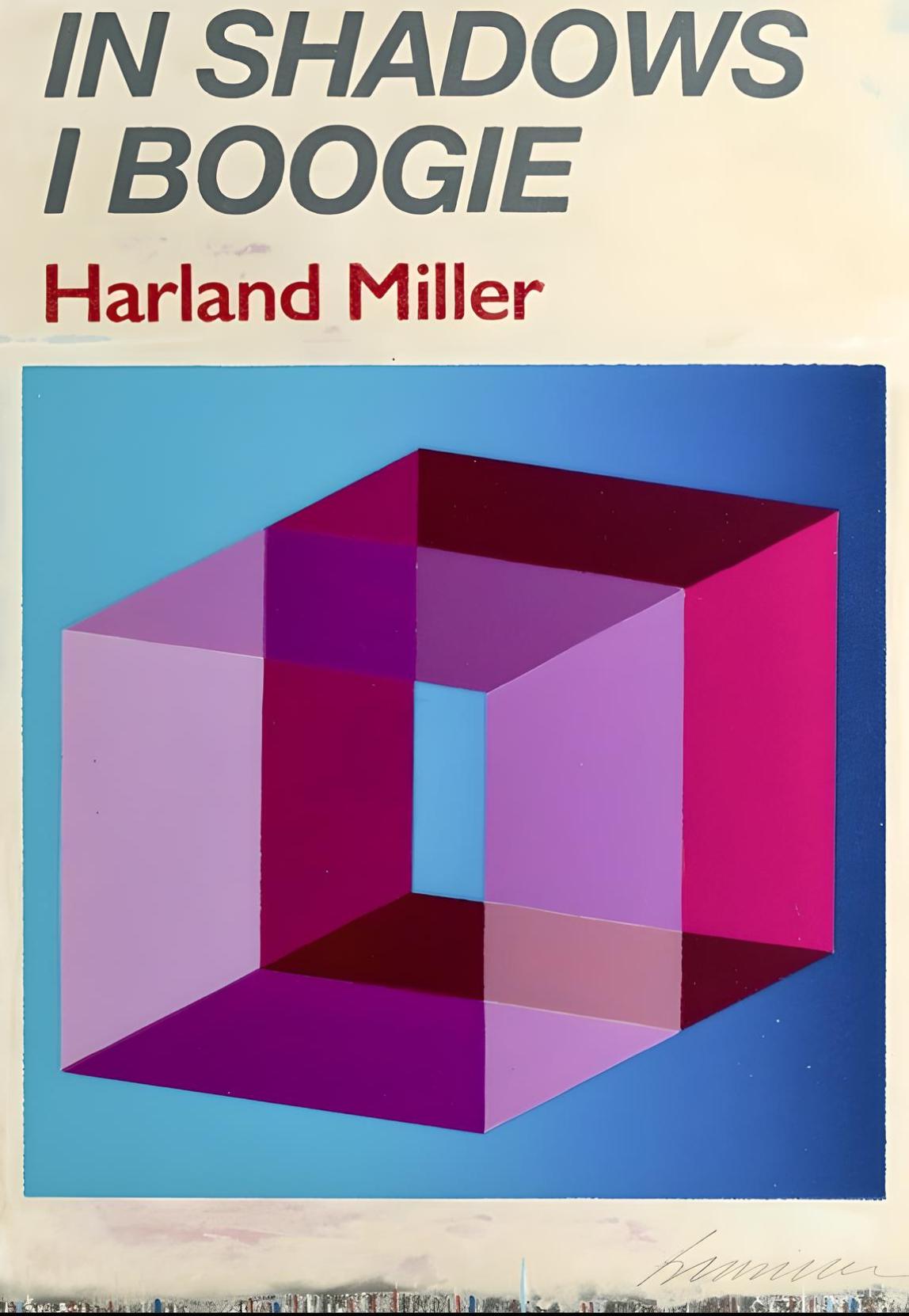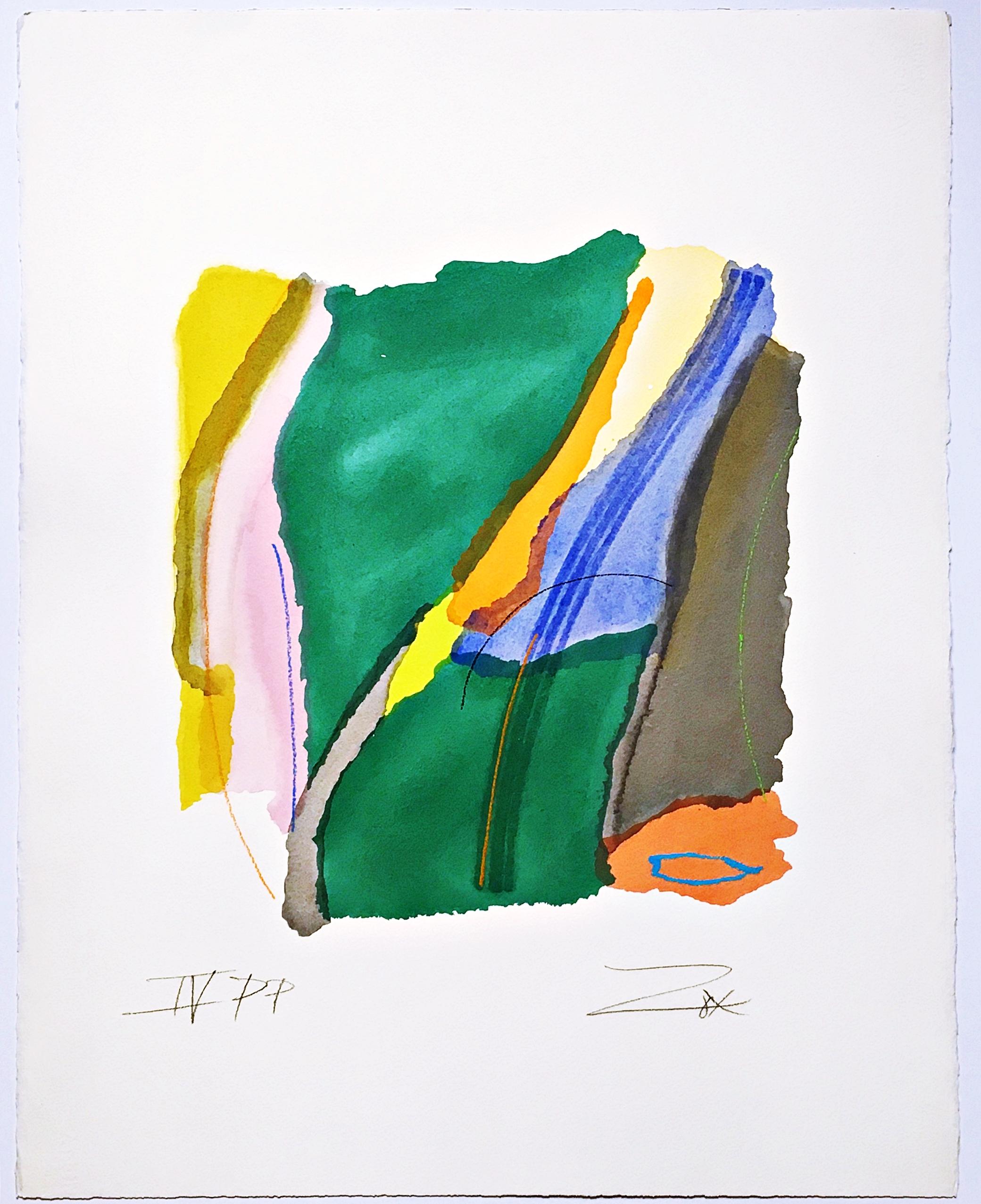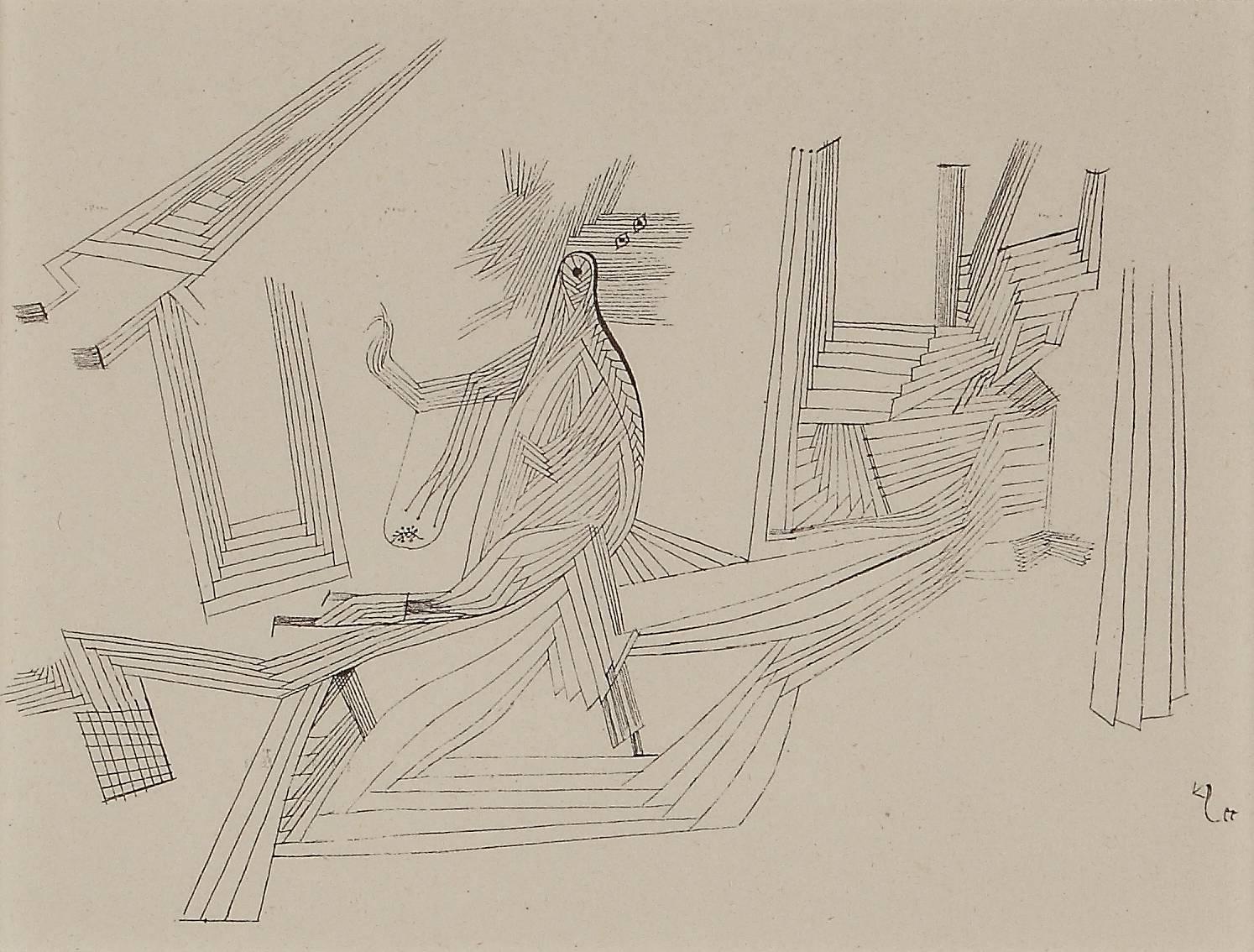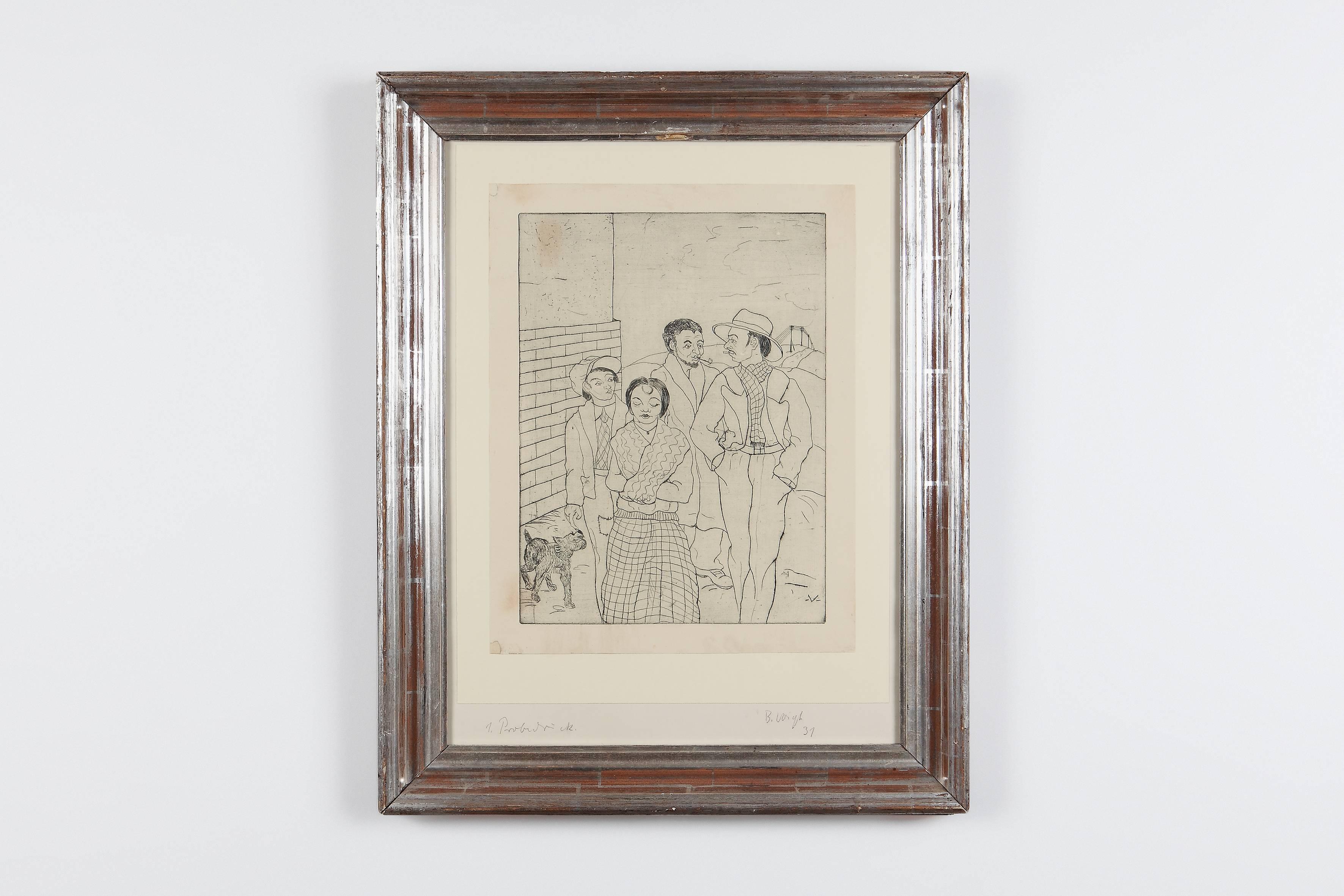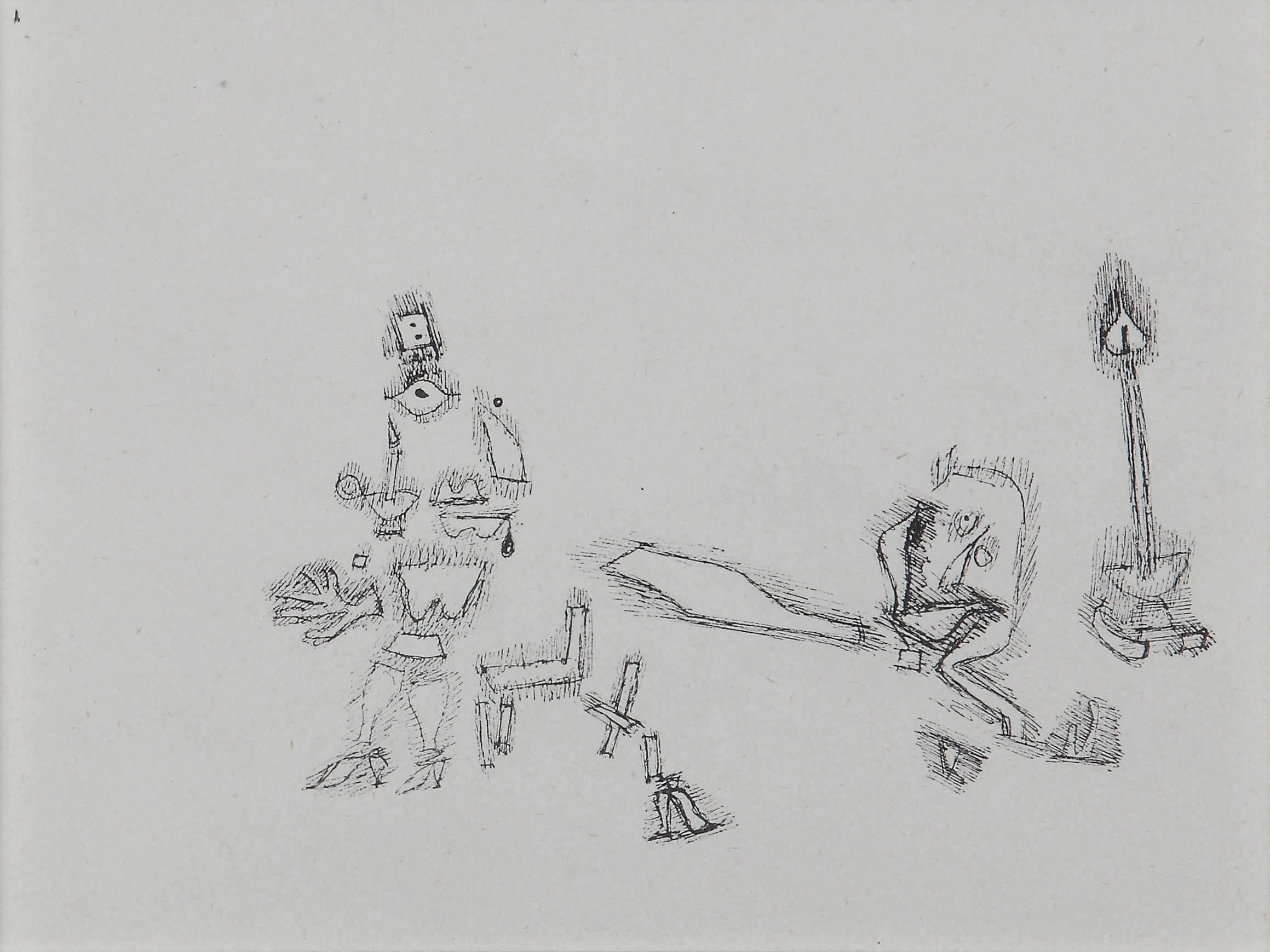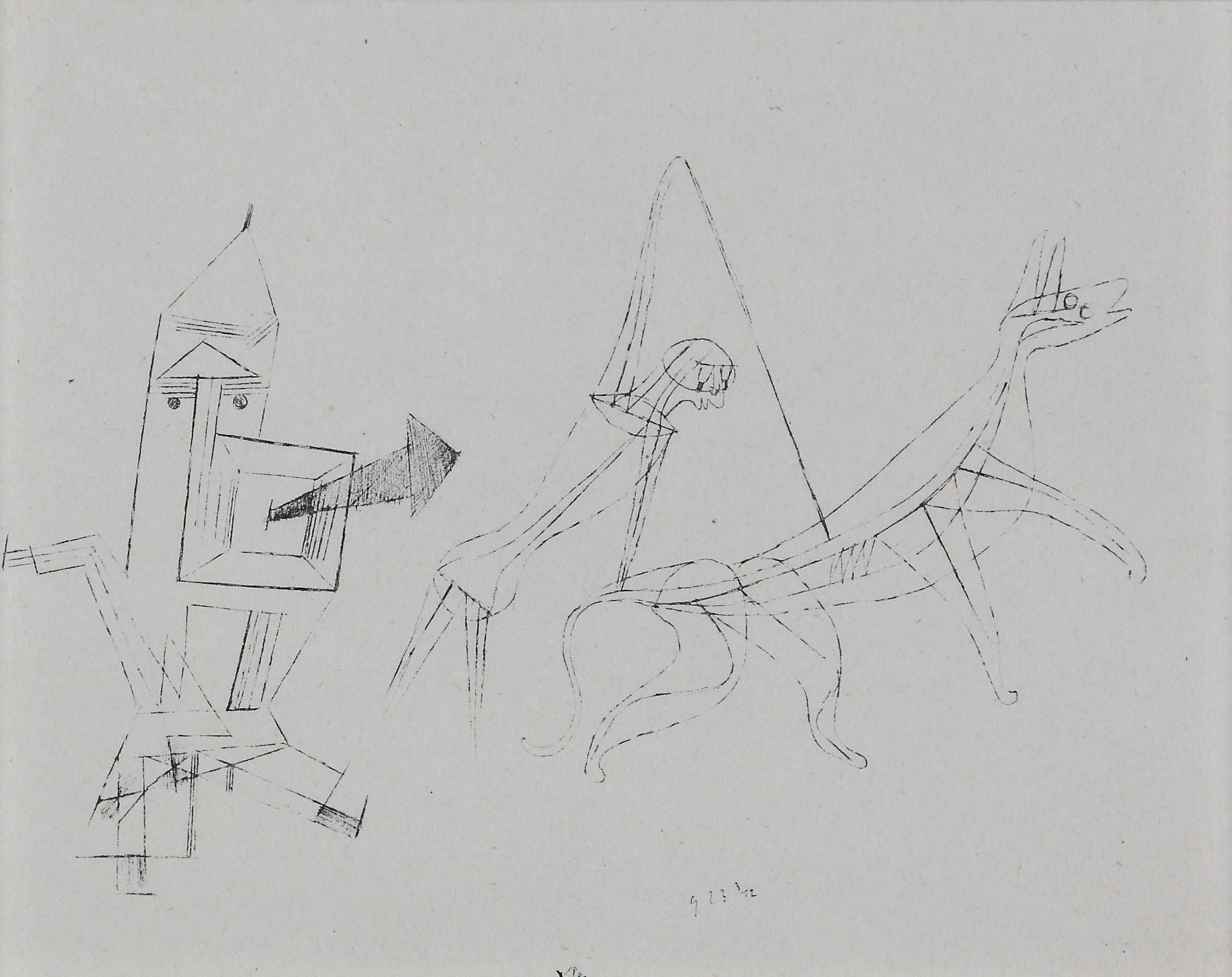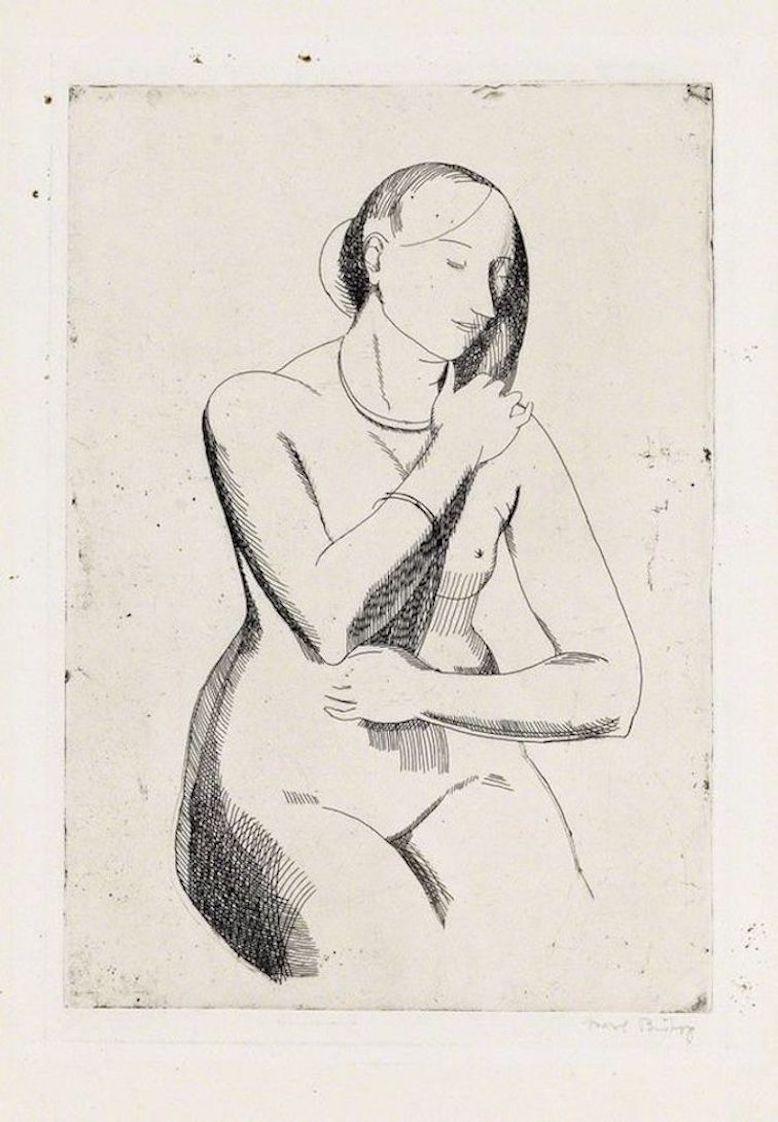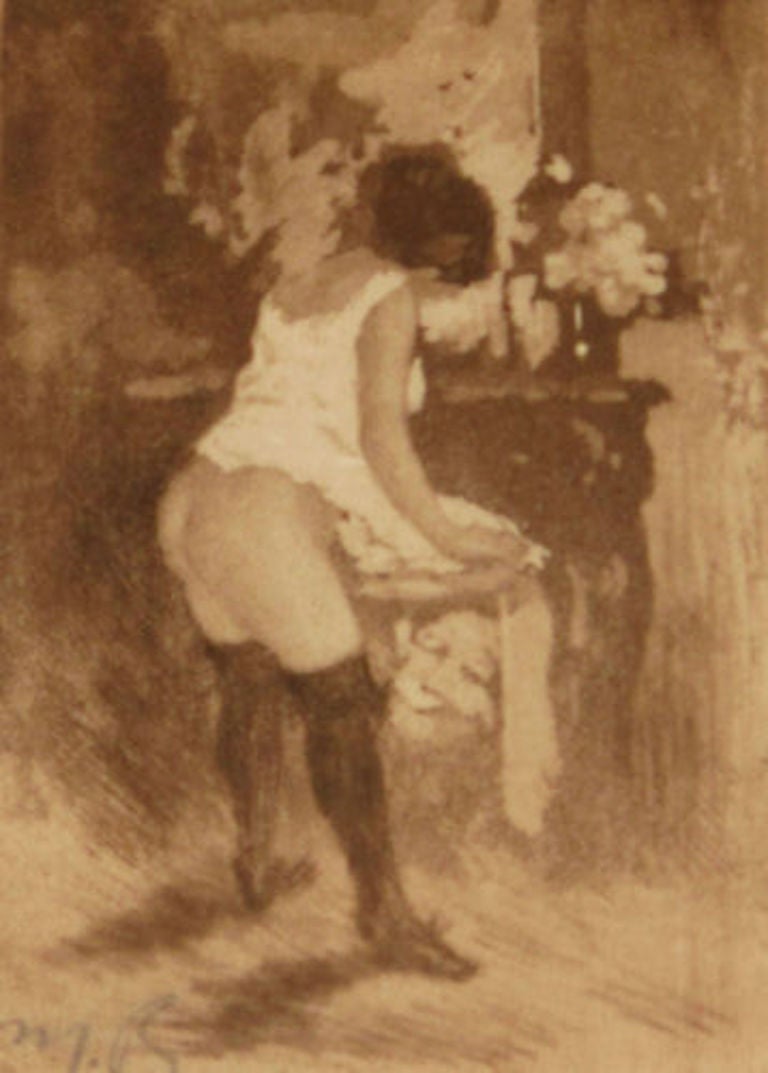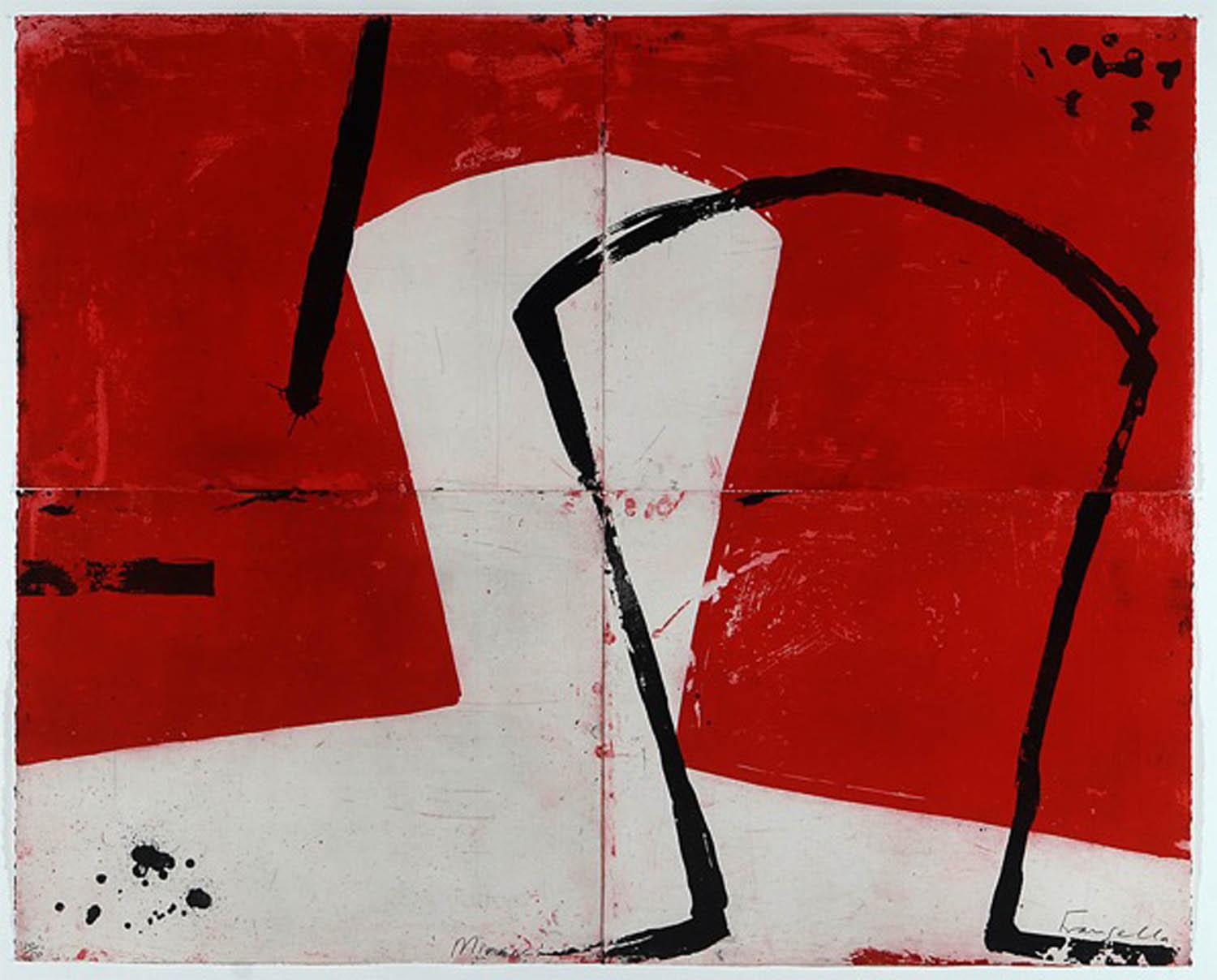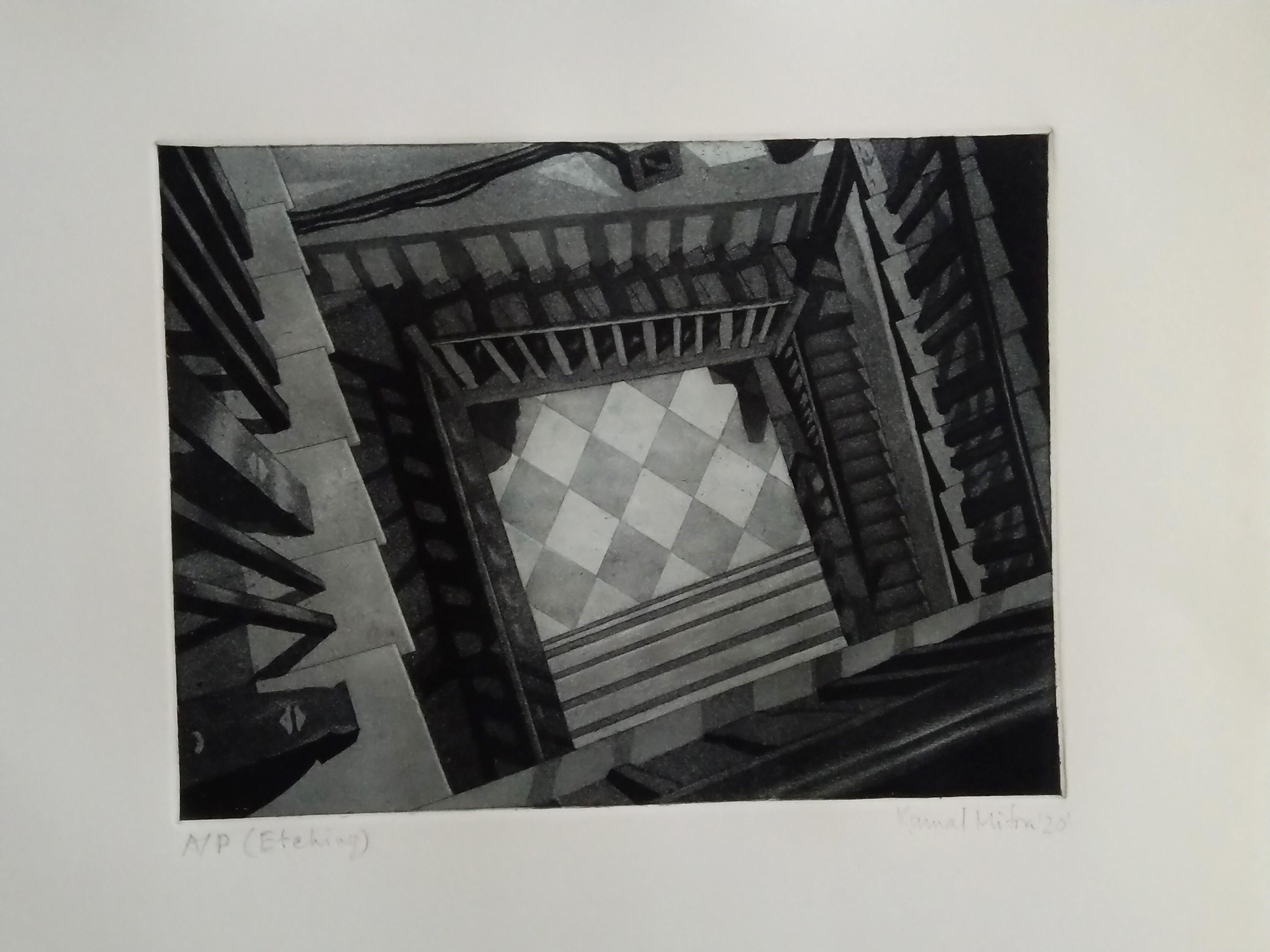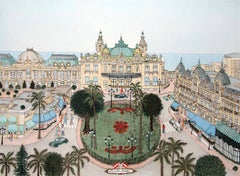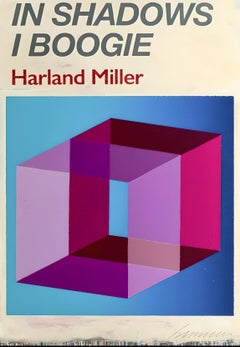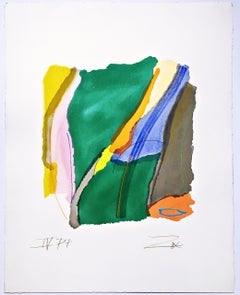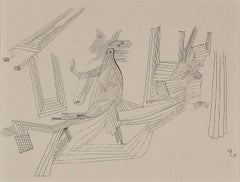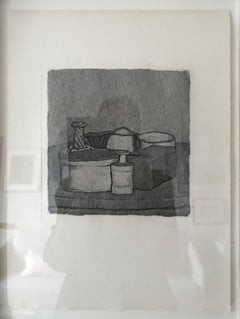
Natura morta con quattro oggetti e tre bottiglie
View Similar Items
1 of 6
Giorgio MorandiNatura morta con quattro oggetti e tre bottiglie1956
1956
About the Item
- Creator:Giorgio Morandi (1890 - 1964, Italian)
- Creation Year:1956
- Dimensions:Height: 15.75 in (40.01 cm)Width: 11.75 in (29.85 cm)
- Medium:
- Period:
- Condition:
- Gallery Location:New York, NY
- Reference Number:1stDibs: LU151129105342
Authenticity Guarantee
In the unlikely event there’s an issue with an item’s authenticity, contact us within 1 year for a full refund. DetailsMoney-Back Guarantee
If your item is not as described, is damaged in transit, or does not arrive, contact us within 7 days for a full refund. Details24-Hour Cancellation
You have a 24-hour grace period in which to reconsider your purchase, with no questions asked.Vetted Professional Sellers
Our world-class sellers must adhere to strict standards for service and quality, maintaining the integrity of our listings.Price-Match Guarantee
If you find that a seller listed the same item for a lower price elsewhere, we’ll match it.Trusted Global Delivery
Our best-in-class carrier network provides specialized shipping options worldwide, including custom delivery.You May Also Like
Handcolored Etching - Monte Carlo, Monaco, Europe
By Cuca Romley
Located in Los Angeles, CA
Etching
Edition 143/175
Last 2 left, new, not preowned
Video attached
This is a series of original etchings from respected European artist Cuca Romley. Ms Romley is 91 years and cur...
Category
1990s Contemporary Landscape Prints
Materials
Etching
In Shadows I Boogie (Blue)
By Harland Miller
Located in London, GB
Etching in colours with letterpress relief and a 266-page book
Signed on the front and numbered on the back by the artist
Print: 31.9 × 22.4 cm (12.5 x 8.8 in)
Book: 32 × 23 cm (12.5...
Category
2010s Contemporary Abstract Prints
Materials
Etching
IV unique Printers Proof Color field geometric abstraction pencil signed pochoir
By Larry Zox
Located in New York, NY
Larry Zox
Untitled IV, ca. 1979
Pochoir on Arches Paper with Deckled Edges. Hand signed and annotated Printers Proof in pencil on the lower front.
28 1/2 × 22 1/2 inches
Unframed
This beautiful Larry Zox pochoir on Arches paper with deckled edges a unique Printers Proofs - signed by the artist in pencil on the lower front.
We do not know the size of the regular edition, or whether there is a regular edition, but this is indeed a unique PP.
LARRY ZOX BiIOGRAPHY
A painter who played an essential role in the Color Field discourse of the 1960s and 1970s, Larry Zox is best known for his intensely and brilliantly colored geometric abstractions, which question and violate symmetry. Zox stated in 1965: “Being contrary is the only way I can get at anything.” To Zox, this position was not necessarily arbitrary, but instead meant “responding to something in an examination of it [such as] using a mechanical format with X number of possibilities.”[2] What he sought was to “get at the specific character and quality of each painting in and for itself,” as James Monte stated in his introductory essay in the catalogue for Zox’s 1973–74 solo exhibition at the Whitney Museum of American Art.[3] Zox also at times used a freer, more intuitive method, while maintaining coloristic autonomy, which became increasingly important to him in his later career.
Zox began to receive attention in the 1960s, when he was included in several groundbreaking exhibitions of Color Field and Minimalist art, including Shape and Structure (1965), organized by Henry Geldzahler and Frank Stella for Tibor de Nagy, New York, and Systemic Painting (1966), organized by Lawrence Alloway for the Guggenheim Museum. In 1973–74, the Whitney’s solo exhibition of Zox’s work gave recognition to his significance in the art scene of the preceding decade. In the following year, he was represented in the inaugural exhibition of the Hirshhorn Museum, which acquired fourteen of his works.
Zox was born in Des Moines, Iowa. He attended the University of Oklahoma and Drake University, and then studied under George Grosz at the Des Moines Art Center. In 1958, Zox moved to New York, joining the downtown art scene. His studio on 20th Street became a gathering place for artists, jazz musicians, bikers, and boxers. He occasionally sparred with visiting fighters. He later established a studio in East Hampton, a former black smithy used previously by Jackson Pollock.
Zox’s earliest works were collages consisting of pieces of painted paper stapled onto sheets of plywood. He then produced paintings that were illusions of collages, including both torn- and trued-edged forms, to which he added a wide range of strong hues that created ambiguous surfaces. Next, he omitted the collage aspect of his work and applied flat color areas to create more complete statements of pure color and shape. He then replaced these torn and expressive edges with clean and impersonal lines that would define his work for the next decade.
From 1962 to 1965, he produced his Rotation series, at first creating plywood and Plexiglas reliefs, which turned squares into dynamic polygons. He used these shapes in his paintings as well, employing white as a foil between colors to produce negative spaces that suggest that the colored shapes had only been cut out and laid down instead of painted. The New York Times noted in 1964: “The artist is hip, cool, adventurous, not content to stay with the mere exercise of sensibility that one sees in smaller works.”[4]
In 1965, he began the Scissors Jack series, in which he arranged opposing triangular shapes with inverted Vs of bare canvas at their centers that threaten to split their compositions apart. In several works from this series, Zox was inspired by ancient Chinese water vessels. With a mathematical precision and a poetic license, Zox flattened the three dimensional object onto graph paper, and later translated his interpretation of vessel’s lines onto canvas with masking tape, forming the structure of the painting.
The Diamond Cut and Diamond Drill paintings...
Category
1970s Color-Field Abstract Prints
Materials
Etching, Pencil, Monoprint
Paul Klee Etching "Die Szene mit der Laufenden"
By (after) Paul Klee
Located in Berlin, DE
Helio-etching on hand-made paper, 1925 by Paul Klee. Signatur is printed, lower right: Klee
From portfolio Paul Klee, Handzeichnungen 1921-1930; Here no 28
Image: 5.63 x 7.48 in ( 14...
Category
Early 20th Century Expressionist Figurative Prints
Materials
Etching
Bruno Voigt Etching "Zigeuner" ( "Gypsy" ), 1931
By Bruno Voigt
Located in Berlin, DE
Etching on paper, 1931 by Bruno Voigt ( 1912-1988 ), Germany. First proof copy. Sheet with monogram -V-
Signed and dated lower right: B.Voigt 31, lower left: 1. Probedruck. 19.29 x ...
Category
1930s Figurative Prints
Materials
Etching
Paul Klee Etching "Möchten sollen"
By Paul Klee
Located in Berlin, DE
Helio-etching on hand-made paper, 1927 by Paul Klee. From portfolio "Paul Klee, Handzeichnungen 1921-1930" Here no 41
Measurements: Image: 5.51 x 7.48 in ( 14 x 19 cm ), Framed: 13.4...
Category
Early 20th Century Expressionist Figurative Prints
Materials
Etching
